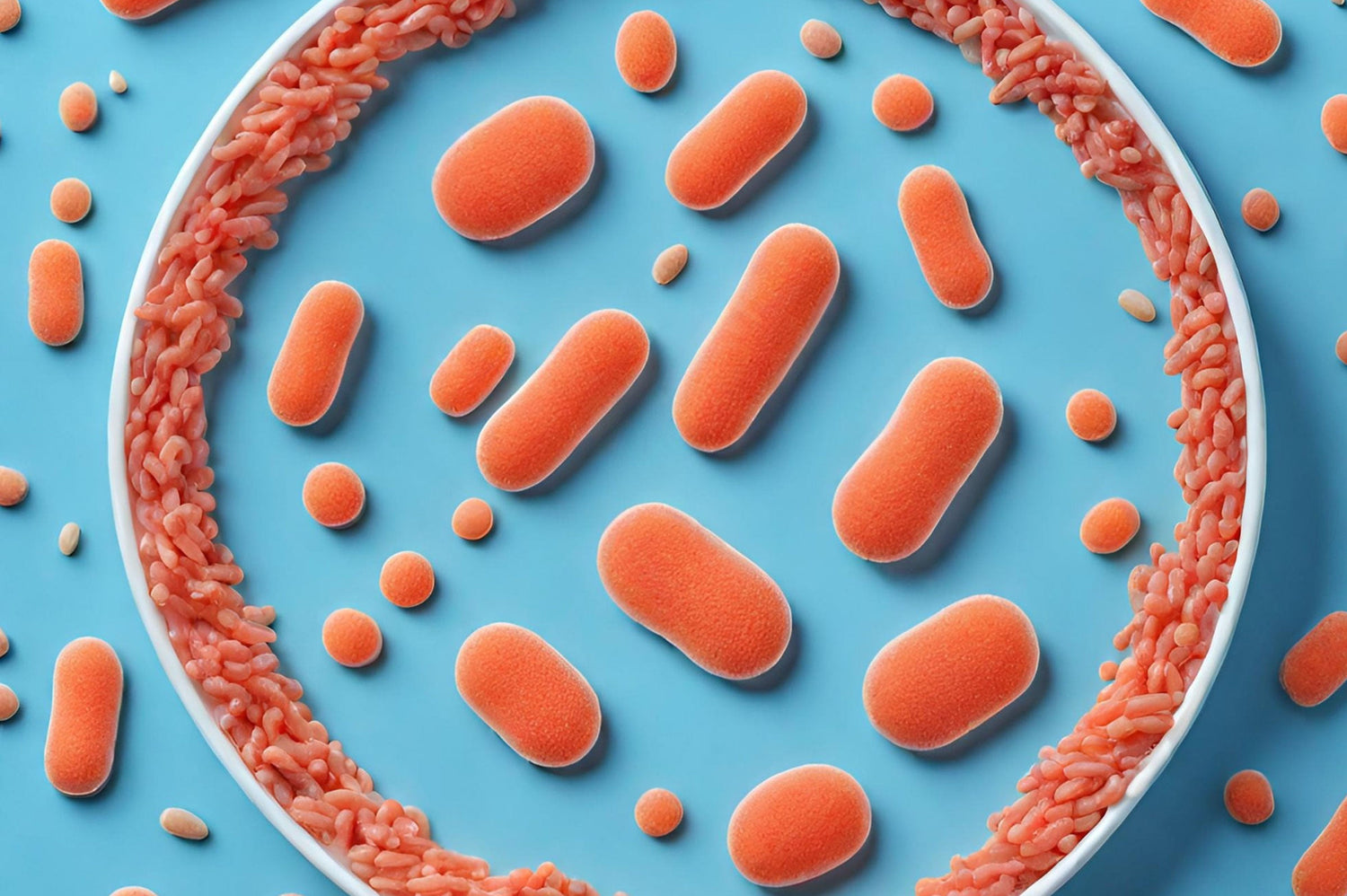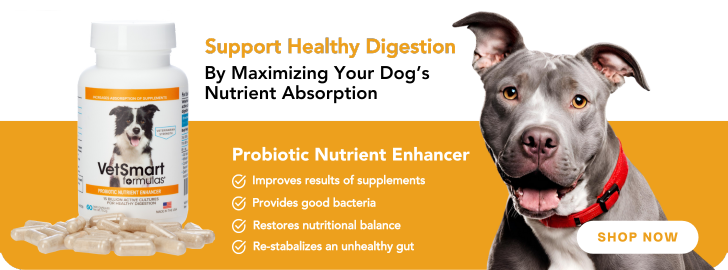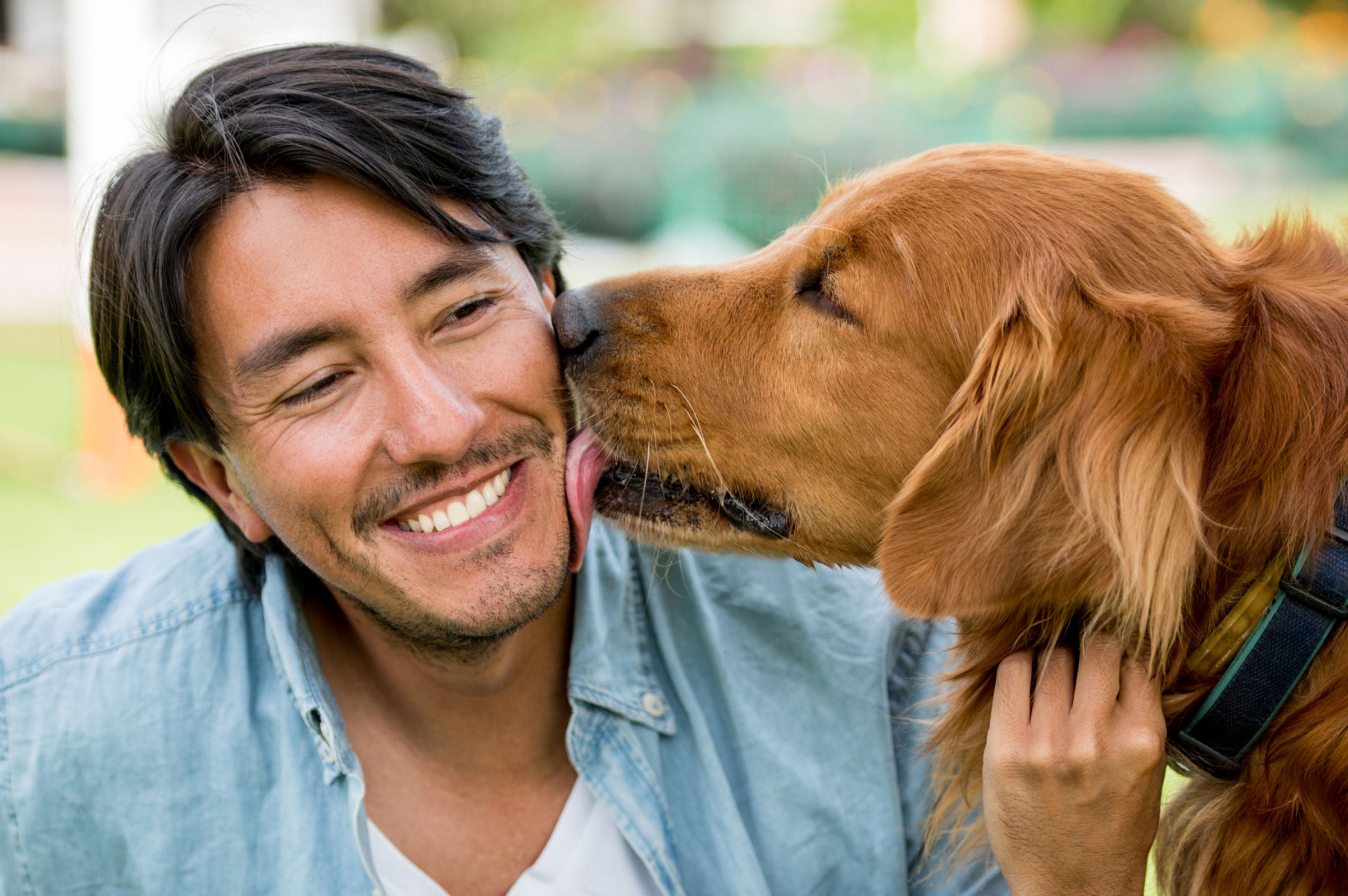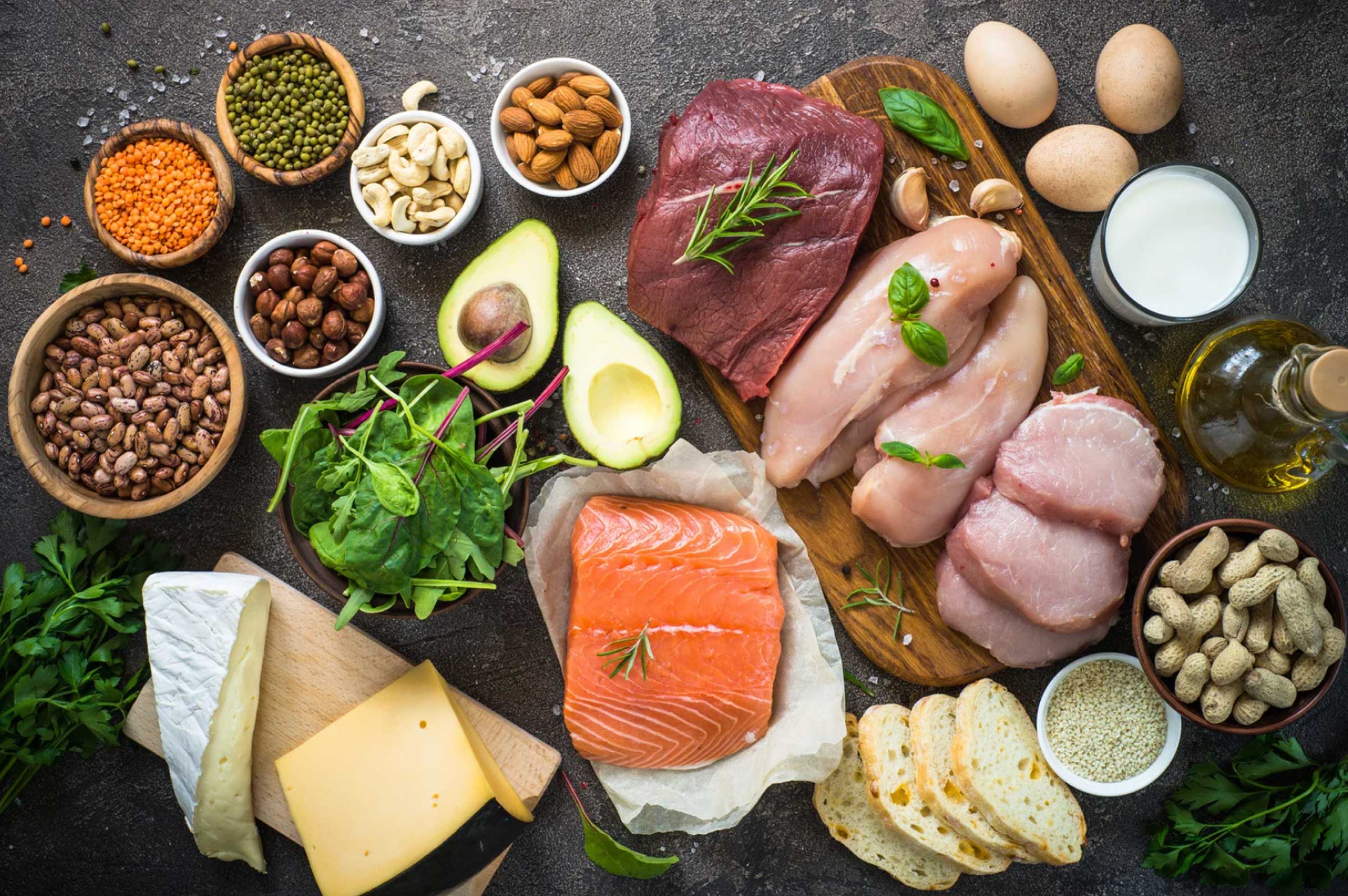When our furry friends undergo surgery, as pet owners, we do everything in our power to ensure they recover swiftly and smoothly. Often, this recovery involves antibiotics to prevent infections and painkillers to manage discomfort. While these medications are essential, they can sometimes lead to secondary issues like gastrointestinal (GI) disturbances. This is where probiotics come into play, offering a beneficial approach to managing these side effects and promoting a healthier recovery for our pets.
Understanding the Impact of Antibiotics and Painkillers
Antibiotics are life-saving when it comes to preventing and treating post-surgical infections, but they have a significant downside: they can disrupt the natural balance of good and bad bacteria in the gut. This imbalance can lead to diarrhea, vomiting, and a general decline in gut health. Similarly, painkillers, while easing pain, may contribute to GI discomfort or ulcers in sensitive pets.
Probiotics: The Beneficial Bacteria
Probiotics are live microorganisms that, when administered in adequate amounts, confer a health benefit on the host — in this case, our pets. These beneficial bacteria are crucial for maintaining a healthy intestinal flora, aiding digestion, and enhancing the immune system.
How Probiotics Help
- Restoring Gut Flora Balance: After antibiotic therapy, the delicate balance of the gastrointestinal flora might be disrupted. Probiotics help replenish the good bacteria, restoring balance and promoting a healthy gut environment, which is essential for nutrient absorption and overall health.
- Reducing Gastrointestinal Upsets: Probiotics can help reduce the risk of diarrhea and other GI disturbances often associated with antibiotic use and pain medication. By enhancing the good bacteria in the gut, probiotics support a more resilient digestive system.
- Boosting Immune Function: A significant portion of the immune system is housed in the gut. By improving gut health, probiotics indirectly strengthen the immune system, helping the body fend off potential pathogens and recover more effectively from surgery.
- Enhancing Healing and Recovery: With a balanced gut flora and an improved immune response, pets can enjoy a smoother recovery phase post-surgery. There are also studies that link probiotics with mitigating inflammation, which is crucial in the healing process.
Choosing the Right Probiotic
Not all probiotics are created equal, especially when it comes to our pets. It's important to choose a probiotic specifically formulated for animals, as these products are designed to contain strains of bacteria beneficial to pets’ unique digestive systems.
The “good” active cultures in probiotics have to travel a long way through your pet’s digestive system, encountering stomach acids and obstacles along the way. Since many of the active cultures become expired or ineffective during the journey, be sure there are enough active cultures in each dose of the probiotic so your pet gets the desired benefit.
Administering Probiotics
Probiotics are available in various forms, including powders, capsules, and incorporated into certain pet foods. The method of administration will depend on your pet’s preferences and the advice of your vet. Timing is also crucial; probiotics should be given several hours before or after administering antibiotics to ensure that the good bacteria survive and colonize the gut effectively.
Conclusion
While antibiotics and painkillers are often necessary for managing post-surgical care, their side effects can compromise your pet’s recovery. Probiotics offer a natural and effective way to mitigate these side effects, promoting a healthier gut, stronger immune system, and faster recovery.
Be sure to select a high quality probiotic, like our Probiotic Nutrient Enhancer, to be sure your pet receives the best possible probiotic. Make sure your veterinarian is aware of all supplements you are giving your pet. Through the strategic use of probiotics, you can help your pet not only recover from surgery but also thrive in the long term.











